Alex Thurtle ‘24 wins Jean Corrie Poetry Contest
Alex Thurtle ’24 won this year’s Jean Corrie Poetry Contest with her poem ‘the curse of a realist.’ (Photo courtesy of Alex Thurtle ’22)
March 11, 2022
Before she even began writing her award-winning poem, Alex Thurtle ‘24 had a very specific image in her head: a dollar store tiara and a feather boa falling all over the floor.
Thurtle won this year’s Jean Corrie Poetry Contest with her poem “the curse of a realist.” The poem is a reflection on the struggles of human connection that Thurtle has experienced in her life.
One of the poem’s main ideas is Thurtle’s difficulty with understanding abstract ideas and things that are not overwhelmingly sensory experiences.
“I’m very reassured by things that I can see,” Thurtle said.
Because she struggles with attaching meaning to things that are not visible, navigating social relationships can be difficult to make sense of, Thurtle explained.
The poem is then based on navigating the line between platonic and romantic relationships, which can produce elements of tension and unknown feelings.
“I’m the type of person who doesn’t like things to be up in the air, and I like to have a solid answer on what something is,” Thurtle said. “How do you make sense of all of these different things that are happening, but there’s no answer? There’s rejection.”
The poem is therefore about when physical signals and feelings do not line up. However, it is also about the movement involved in coming back from that rejection.
“Sometimes when you’re stuck in that headspace where you’re overthinking and analyzing all of these different things that have happened, it stops you from actually moving on. And so I think that the image of putting on the tiara and the feather boa and just going and pretending and moving, I think was a really accurate metaphor for what I’m trying to do in life,” she said.
Another theme in the poem is childhood, and what actions and items from childhood, which she called “props,” mean to her now.
“Those [props] can be attributed meaning,” Thurtle said. “There’s always value to ascribe to an inanimate object.”
Overall, this reflection on the dichotomy of accepting something not based in reality and being rejected for trying was an important poem for Thurtle in more ways than one—it was one of the first poems she wrote since the start of the Covid-19 pandemic. Although she has been writing poems since she was four years old, she took almost two years off from writing due to guilt and anger associated with the pandemic.
In early 2022, Thurtle decided that it was time to use poetry as a processing tool again.
“It was a very personal poem…so I wasn’t expecting to be sharing it with other people,” Thurtle said.
The poem, which is complete with short phrases, italics and punctuation mimics Thurtle’s way of speech. Thurtle, an English and theater double major, said she is a big believer in the theory that poetry is meant to be read out loud.
The contest’s judge, poet Paul Tran, wrote that Thurtle’s poem “embodies what makes poetry extraordinary: the presence of a singular self speaking from the page, speech compressed to its most emotionally and psychologically charged elements, and the evident connection between these elements and the formal qualities of the poem.”
Tran also gave Madeline Marriott ‘24 an Honorable Mention for her poem, “A Man is Born.” Thurtle and Marriott both read their poems at the annual Jean Corrie Poetry Reading this Wednesday.
the curse of a realist
i’ve never been very good at playing pretend.
the tiaras never shimmered as much as i desired,
the weight of their cheap plastic never lightened the heaviness of tomorrow and yesterday;
the feather boas always shed their pieces much too fast.
i could not bring myself to imagine a world where the props meant something.
the curse of a realist is a heavy one
because i never learned to look beyond the things i could
see hear touch smell taste.
but, when i did believe in something, i could not stop.
that made it even harder to pretend that we never were something.
how do i pretend to forget the nights we spent debating
philosophy and religion and heaviness and love and lust and death and hurt and pain and us.
how do i pretend to gloss over the way you held my gaze
much too long
like a toddler clinging to their mother in a grocery store.
how do i pretend that your touch did not
set wildfires along my palms and forearms and chest.
for now though,
i must learn to pretend.
i will learn to put on my plastic dollar-store tiara and my flaky feather boa and
keep moving.
maybe i’ll dream a bit.



































































































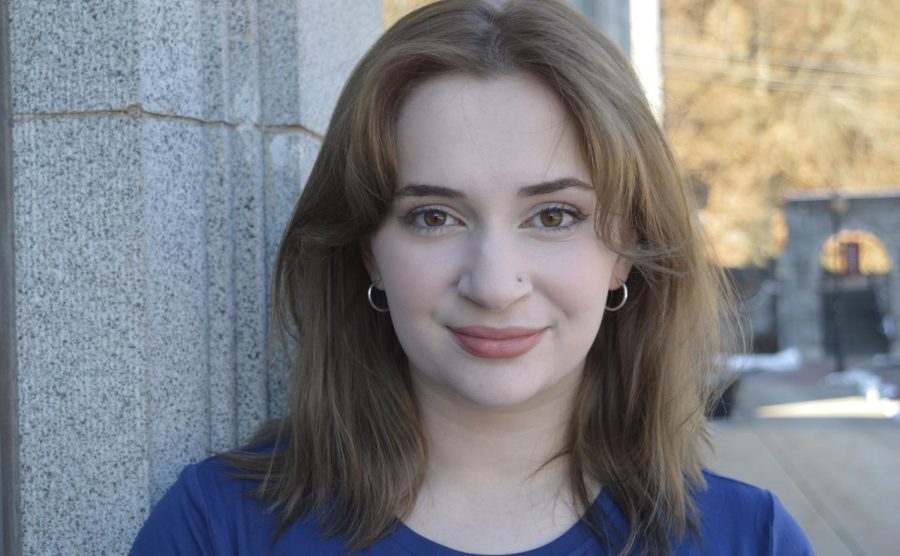
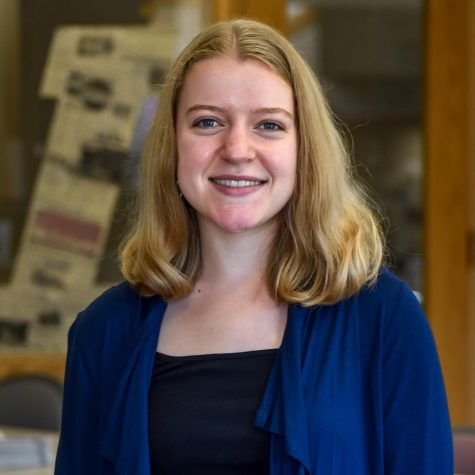
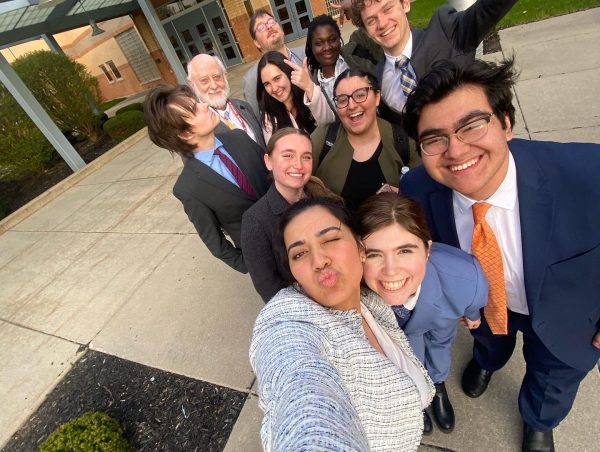
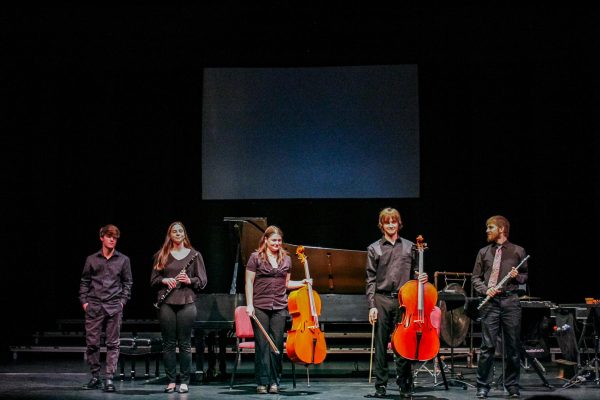
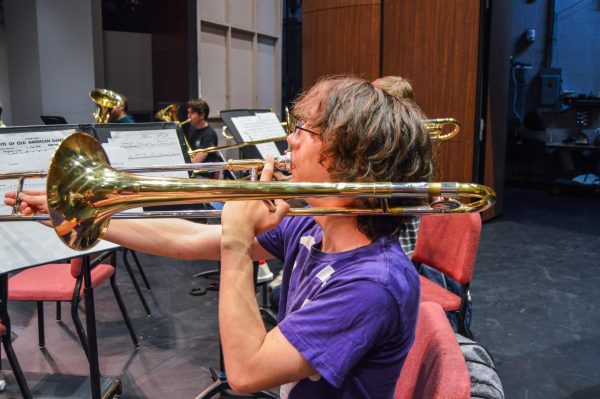
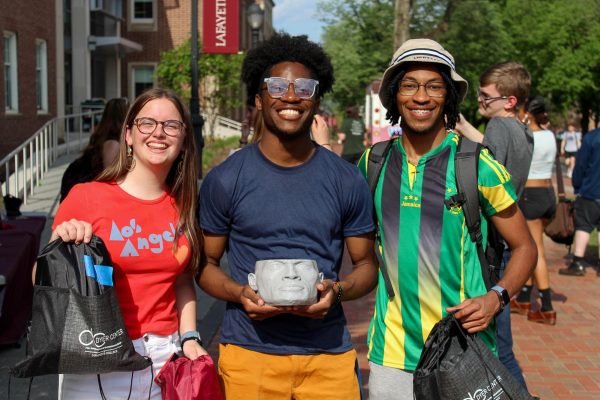
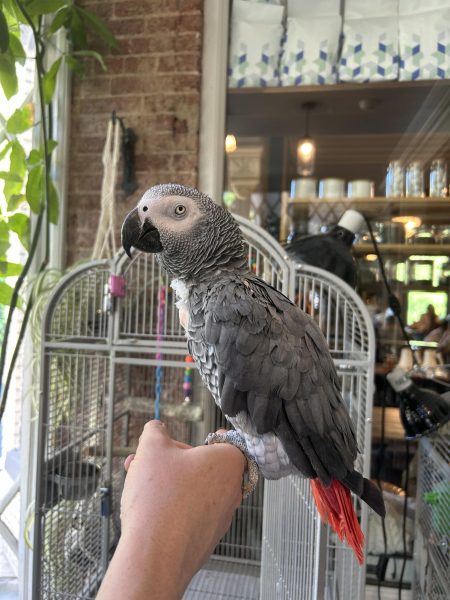
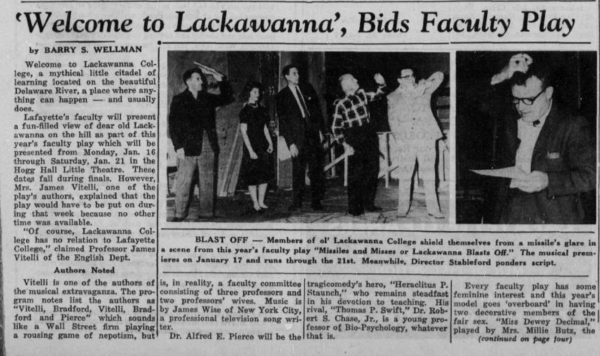
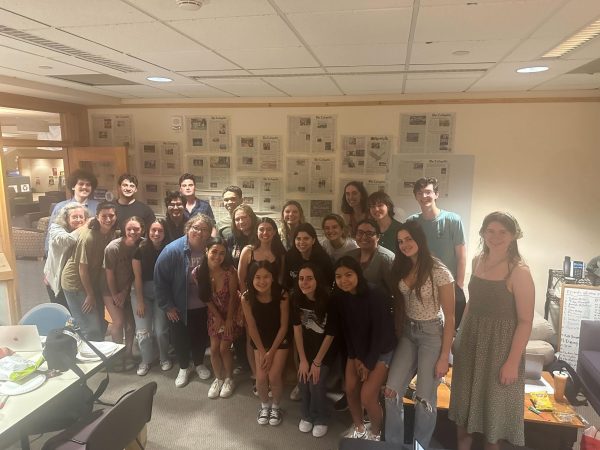

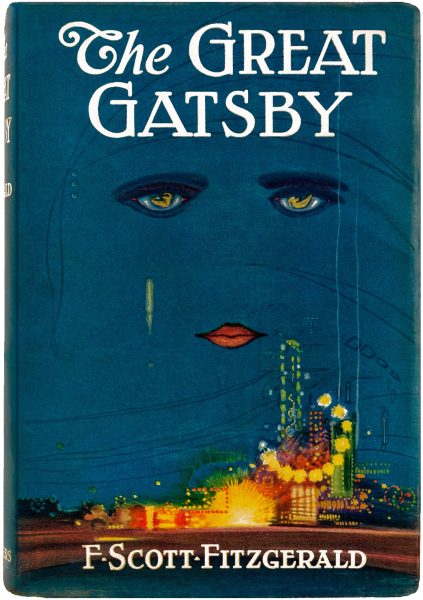
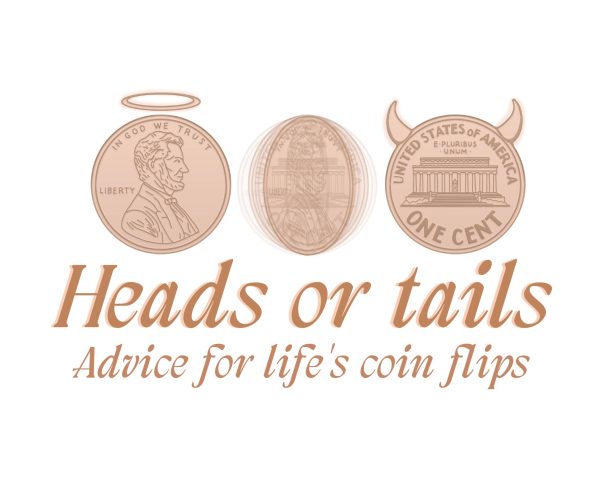

Libby • Mar 11, 2022 at 8:39 pm
Beautiful and deep poem. No matter what tiara you’re wearing, you wear it with royalty. Congratulations Alex, well deserve award.